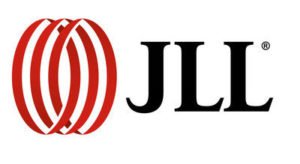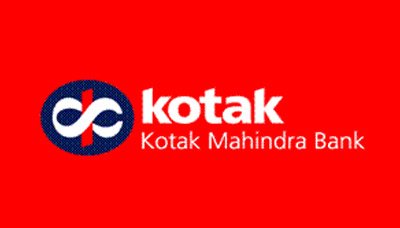Science Based Target initiative (SBTi) approves JLL’s ambitious plan
CHICAGO, Apr. 22, 2020 – To mark Earth Day (April 22, 2020) JLL is pleased to announce the approval of its science-based target by the Science Based Target initiative (SBTi) as aligned to the 1.5C ambition of the Paris Agreement.

The target commits JLL to reduce its scope 1 and 2 carbon emissions by 68% by 2034 from a 2018 base year. The target covers emissions from the more than 400 offices in over 40 countries occupied by JLL globally and JLL’s facilities management and engineering fleet, including company cars. JLL has also committed to reduce scope 3 emissions from the properties that it manages on behalf of clients by 53% per square foot over the same period.

“As the world navigates the coronavirus pandemic, responding to immediate needs and mapping a path to recovery, it is vital we also maintain focus on the long-term global risks posed by climate change. Notwithstanding the current temporary falls in emissions, 2020 remains a critical year for climate action,” said Christian Ulbrich, JLL CEO. “JLL is determined to play its full part, working with our clients in shaping the future of real estate for a better world. Our ambitious science-based target will cut carbon emissions from our own operations by almost 70%, and we are investing in scaling our specialist tools, skills and knowledge to help our clients drive down their emissions to deliver on their sustainability goals.”
The science-based target will be delivered by four main actions across Scope 1 and Scope 2:
- Taking on highly efficient office space and driving energy efficiency across JLL’s existing office portfolio
- Reducing emissions from vehicle fleets by moving to electric, low emissions and alternative fuel vehicles
- Using renewable energy in JLL’s office portfolio
- Where renewable energy is unavailable, purchasing renewable energy certificates
JLL will deliver the Scope 3 SBT by partnering with its top 50 clients, focusing on energy efficiency and emissions reduction programs.
Through Building a Better Tomorrow, JLL’s global sustainability program, the company has achieved – or is on track to meet – all existing sustainability targets across the four pillars of the program: Clients, People, Workplaces and Communities.
In 2019, our sustainability professionals worked with over 90% of our 50 largest clients to drive sustainability improvements in their portfolios.
Last year, JLL achieved the world’s first double platinum building standards for its Shanghai office at HKRI Taikoo Hui. This was followed by JLL’s Hong Kong office at One Taikoo Place receiving the highest score for the city in energy and environmental design.
JLL continues to provide employees with healthy, sustainable workplaces, and is globally recognized as a top employer for diversity, particularly leadership in female representation and advancement.
Through Building a Better Tomorrow, JLL encourages employees to support causes that matter most to them, guided by the United Nations Sustainable Development Goals. In the UK, JLL has supported 1,200 homeless people into housing. In partnership with Feeding America, JLL is on track to provide one million meals for those in need in the United States. In India, JLL employees are providing skills training for 16 to 21-year-old women and enabling adolescents in rural communities to access vocational skills. By the end of 2020, JLL employees are on track to volunteer 15,000 days, a record contribution.
“We’ve already achieved much to be proud of through our Building a Better Tomorrow program. But to tackle the worst impacts of climate change, we need to be increasingly bold and ambitious,” said Richard Batten, JLL Global Chief Sustainability Officer. “With the validation of our science-based target by the SBTi, we are committing to far-reaching climate action. The successful delivery of our sustainability strategy will not only positively impact JLL and our clients, but also will bring significant benefits to all our stakeholders.”





